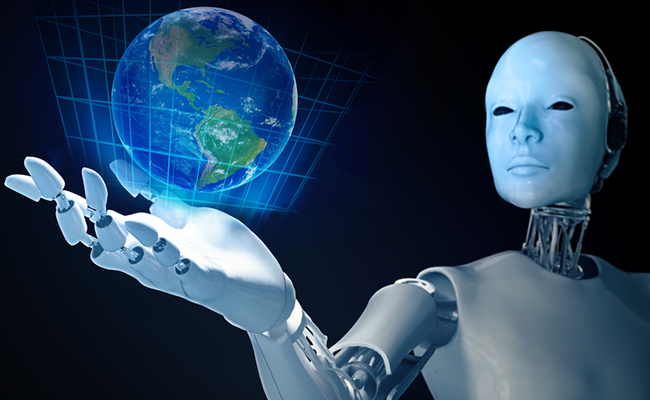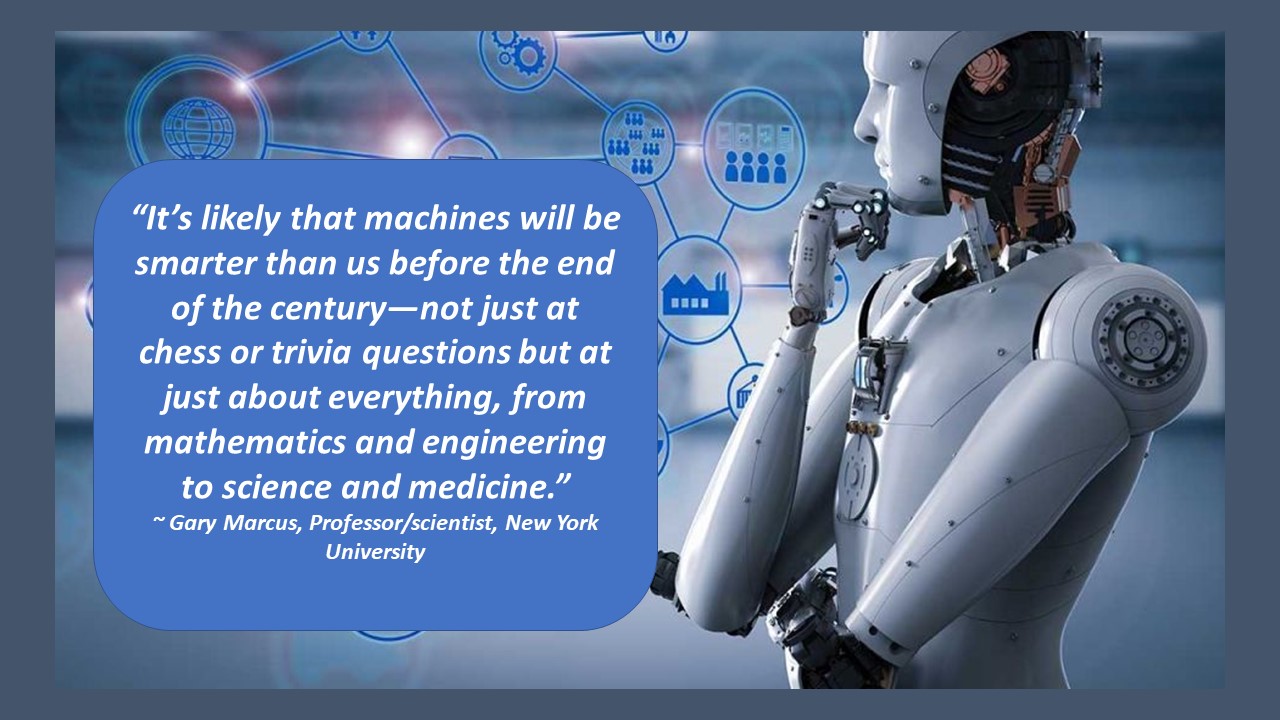 Source: bing.com
Source: bing.comArtificial intelligence (AI) is a rapidly growing field that has the potential to revolutionize the way we live and work. With the help of technology, AI has made significant progress in recent years and has become a hot topic among scientists, researchers, and business leaders. In this article, we will explore the role of technology in the future of artificial intelligence.
What is Artificial Intelligence?
 Source: bing.com
Source: bing.comArtificial intelligence is the ability of machines to perform tasks that would typically require human intelligence. These tasks include learning, problem-solving, decision-making, and natural language processing. AI systems can be trained to recognize patterns, make predictions, and provide insights based on large amounts of data.
The Role of Technology in Advancing Artificial Intelligence
 Source: bing.com
Source: bing.comTechnology has played a crucial role in advancing artificial intelligence. With the help of powerful computers, AI systems can process vast amounts of data and learn from it. The development of machine learning algorithms has made it possible to train AI systems to recognize patterns and make predictions with high accuracy.
Advancements in robotics and natural language processing have also contributed to the growth of AI. Robots can perform tasks that were previously impossible for machines, such as navigating complex environments and interacting with humans. Natural language processing allows machines to understand and respond to human speech, making it possible to create virtual assistants and chatbots.
The Future of Artificial Intelligence
 Source: bing.com
Source: bing.comThe future of artificial intelligence is bright, with many exciting possibilities on the horizon. AI is already being used in a variety of industries, including healthcare, finance, and transportation. In the future, we can expect to see even more applications of AI in these and other industries.
One area where AI is expected to have a significant impact is in the field of autonomous vehicles. Self-driving cars and trucks have the potential to revolutionize transportation, making it safer and more efficient. AI systems can analyze data from sensors and cameras to navigate roads and avoid obstacles.
Another area where AI is expected to make a significant impact is in healthcare. AI systems can analyze medical records and images to help diagnose diseases and develop treatment plans. They can also monitor patients and alert healthcare providers to potential issues before they become serious.
Conclusion
Artificial intelligence is a rapidly advancing field that has the potential to transform the way we live and work. Technology has played a crucial role in advancing AI, and we can expect to see even more advancements in the future. With the help of AI, we can solve complex problems and create a better future for ourselves and future generations.

